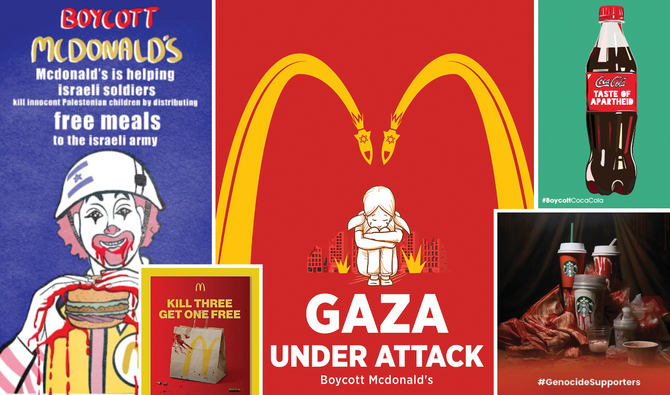Coca-Cola and Pepsi Face Consumer Boycotts Amid Gaza Conflict

Over time, Coca-Cola and PepsiCo have worked hard to cement consumer demand for their products, especially in Muslim nations such as the Middle East and North Africa. This situation has been complicated by the increasingly stiff competition from local brands such as those from Egypt and Pakistan. These difficulties are due to consumer boycotts, which affected these global giants as representatives of ‘Americana’ and, by implication, ‘Israelis’ during the Gaza war.
This year, sales of Coca-Cola in Egypt have dropped, while Egypt’s local brand, v7, reported that exportation of its soft drink to the Middle East has tripled compared to the previous year. In Bangladesh, an inadequate promo campaign to boycott Coca-Cola prompted the company to cancel an advertisement campaign for its products. Pepsi’s expansion across the Middle East has declined sharply since the Gaza conflict erupted in October.
In Pakistan, the impact can also be seen very much. For instance, Sunbal Hassan, a corporate executive, provided bottled soft drinks such as Col Next at her wedding and stated that she did not want to consume items that are associated with Coke or Pepsi because she was not willing to part with her money on companies which have a connection with the American tax money because of the support given to Israel by America. Hassan said they also intend to fight the funds by boycotting them, as you can play a part by not contributing to them.
Experts are struggling to put a figure on these boycotts, but NielsenI Q said that Western beverage brands saw an average of 7% loss in sales in the first half of the year. Currently, in Pakistan, local colas like Cola Next Pakola control nearly 12% of the soft drink market in Pakistan as compared to 2% before the boycott. 5%.
However, the increase in sales of Coke and Pepsi in some areas of the Middle East is threatened by political climate change. According to PepsiCo’s CEO Ramon Laguarta, it is evident that boycotts are affecting sales across Middle Eastern countries, including Lebanon and Egypt, as well as in Pakistan. However, these positions have had a tiny effect on the company’s overall sales revenue.
However, due to the presented issues, Coca-Cola and PepsiCo are still expanding in these countries as they realise the markets’ excellent development capabilities. In April, Coca-Cola acquired technology worth $22 million in Pakistan, while Pepsi-Cola relaunched its Teem soda brand with” Made in Pakistan ” blinking on the bottles.
Cola Next and V7 are some local brands that have swiftly entered the list and tend to benefit from the existing changes. For example, Cola Next’s slogan has been changed, and the current line is “Because Cola Next is Pakistani.”




